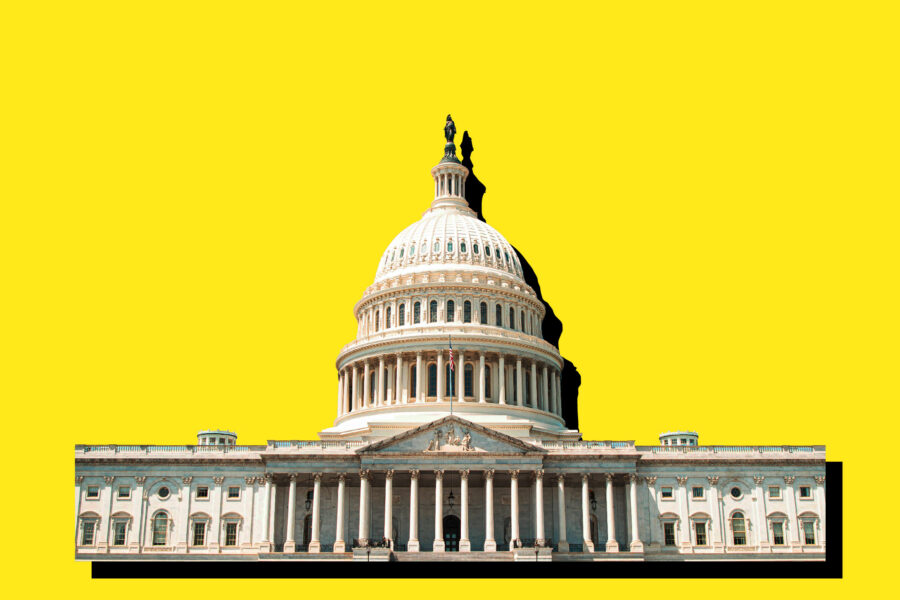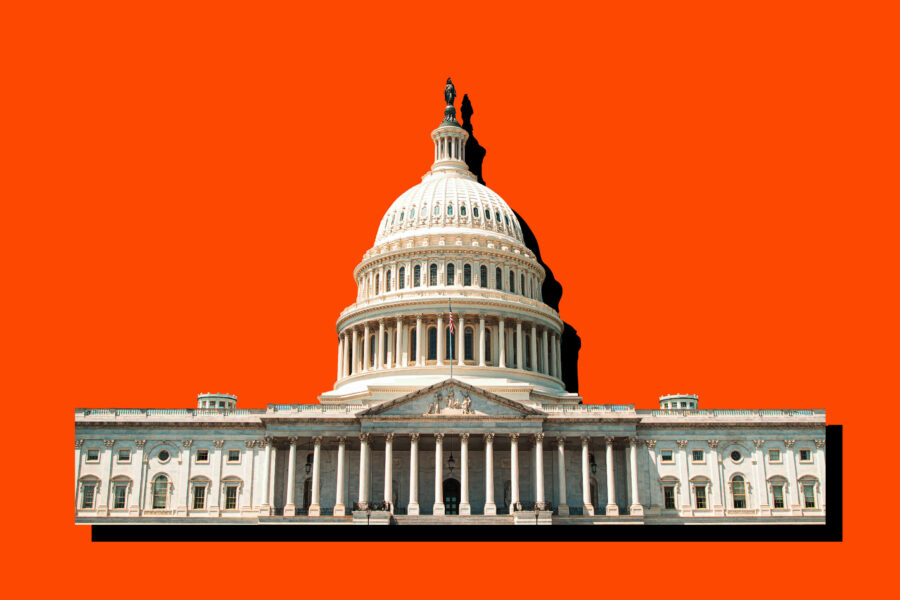STATEMENT: Trump and Republicans Jacked Up Premium Costs, Now They Are Trying to Cover It Up

Insurance premiums are set to skyrocket in 2026 thanks to Donald Trump and Republicans’ devastating…
ashoupAugust 18, 2025






